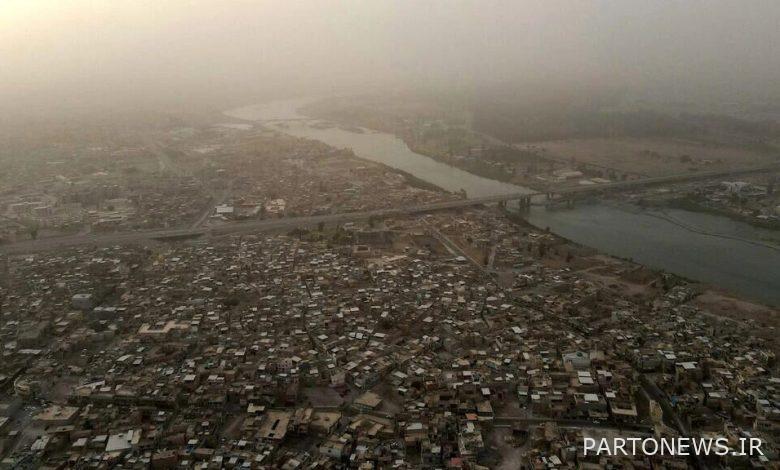Fossil fuels account for 90% of air pollution in the Middle East

According to IRNA from AFP, an international team of researchers using specialized equipment to analyze air quality and suspended particles began a journey in the eastern Mediterranean, through the Suez Canal and around the Persian Gulf, and they found in their research that The vast majority of small particles—which can penetrate deep into the lungs and thus pose greater health risks—are man-made, mostly from the production and use of fossil fuels.
Writing in the journal “Communications Earth & Environment”, researchers have shown how the MENA region (Middle East and North Africa) is covered in harmful compounds such as sulfur dioxide, which is a direct result of oil extraction.
Greenhouse gas emissions from container ships in one of the busiest shipping lanes in the world have also contributed to the hazy and smoky air.
“We have refineries in different countries such as Saudi Arabia and the United Arab Emirates, as well as ships in the Red Sea and in the Suez Canal region, which are a big source of air pollution,” said Jos Leliold, the leader of the research team from the German Max Planck Institute for Chemistry.
“So the combination of all of this means that the air is much more polluted than most people would hope,” Lelyold added.
The World Health Organization announced this year that Mena region has the lowest air quality on earth.

